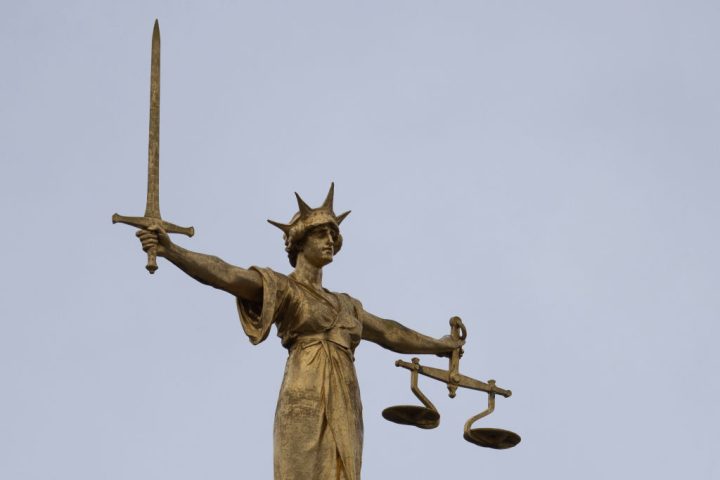A transgender judge has resigned, apparently because of the risk of politicising the judiciary. But this was no ordinary judge. Victoria McCloud is a King’s Bench Master of the High Court, a senior job. In 2010, McCloud – then aged 40 – was the youngest person to have been appointed to the role.
Already a subscriber? Log in
Subscribe for just $2 a week
Try a month of The Spectator Australia absolutely free and without commitment. Not only that but – if you choose to continue – you’ll pay just $2 a week for your first year.
- Unlimited access to spectator.com.au and app
- The weekly edition on the Spectator Australia app
- Spectator podcasts and newsletters
- Full access to spectator.co.uk
Or




















Comments
Don't miss out
Join the conversation with other Spectator Australia readers. Subscribe to leave a comment.
SUBSCRIBEAlready a subscriber? Log in